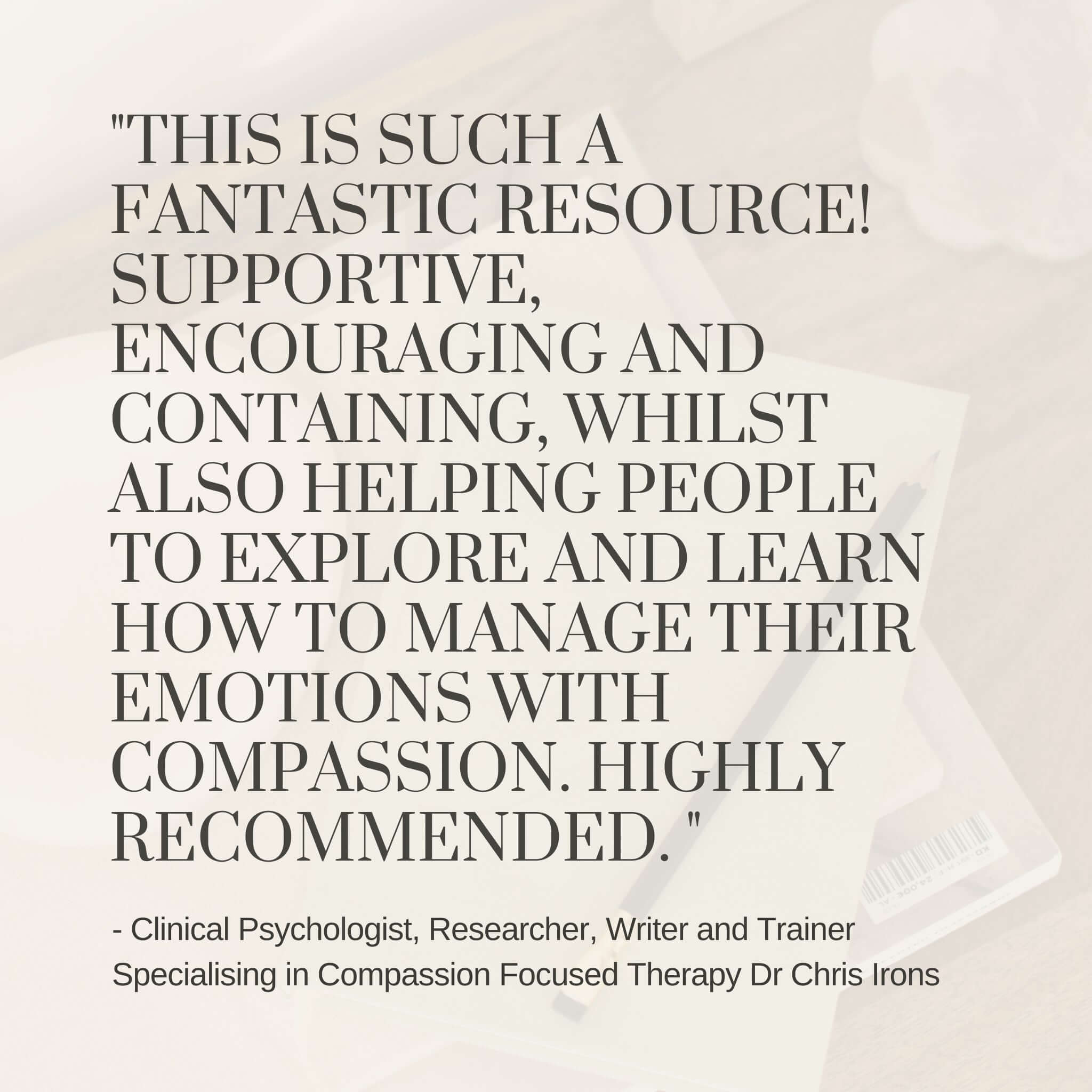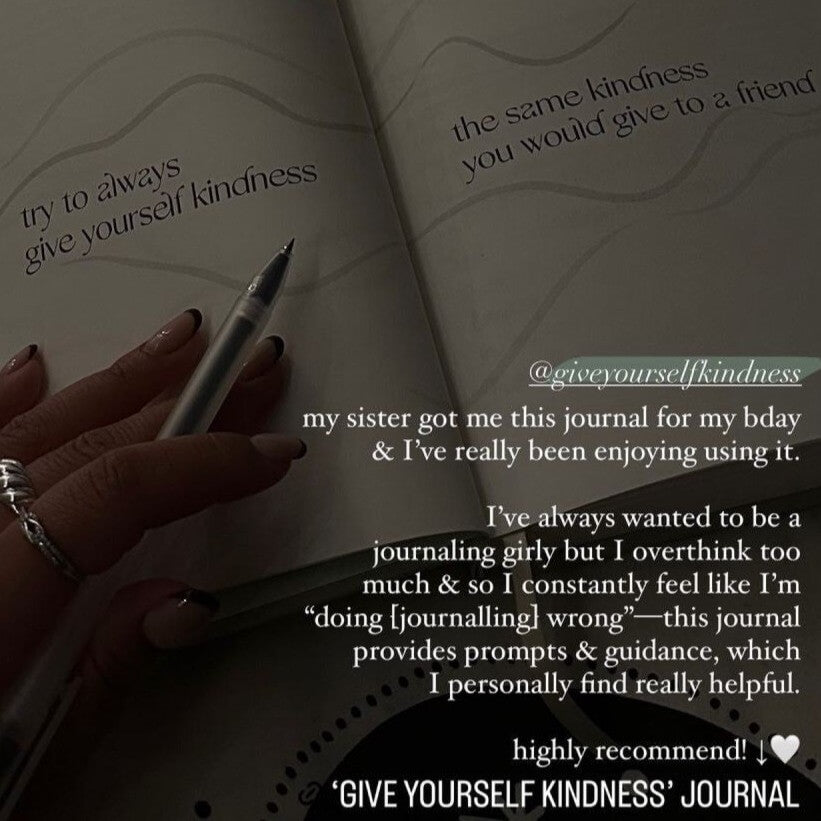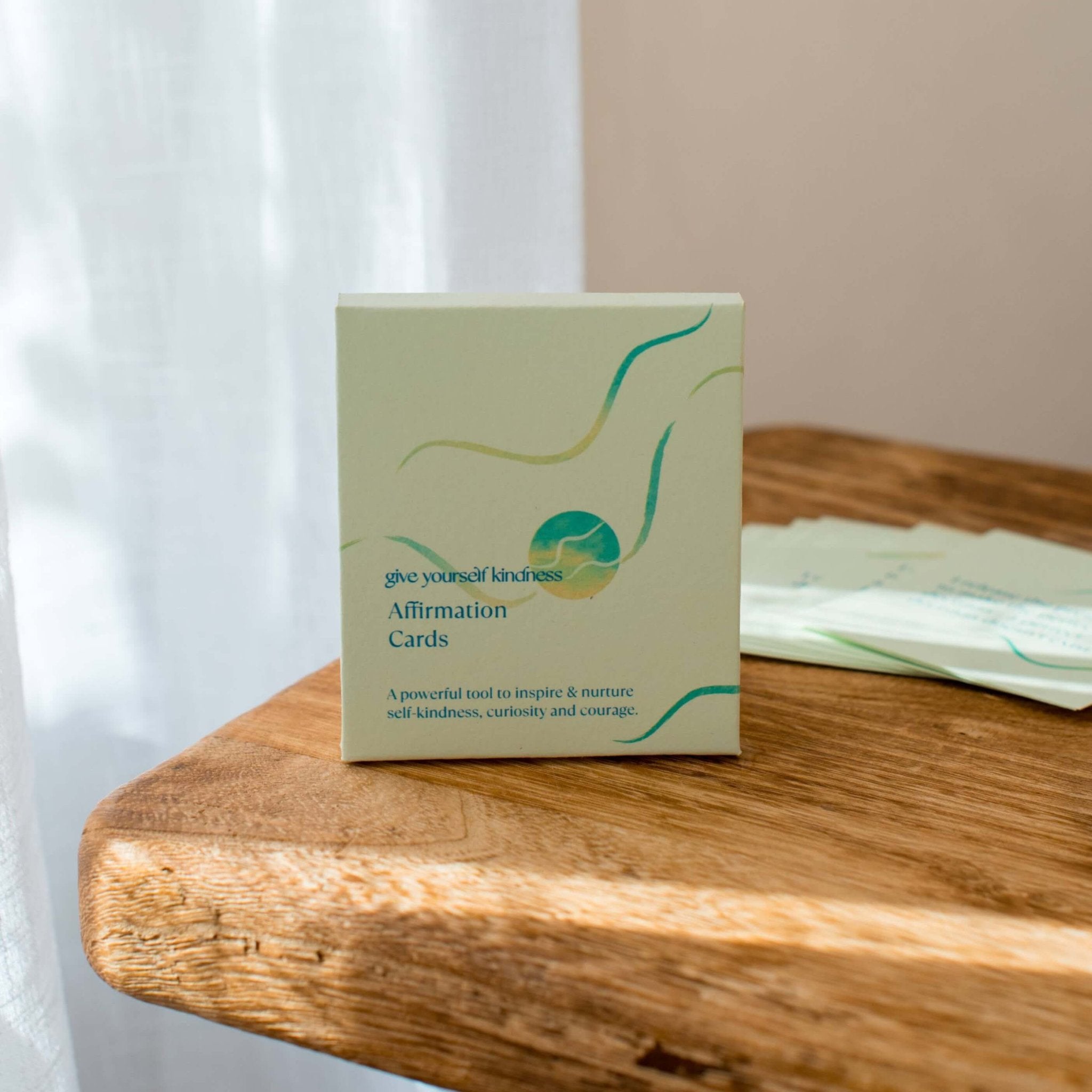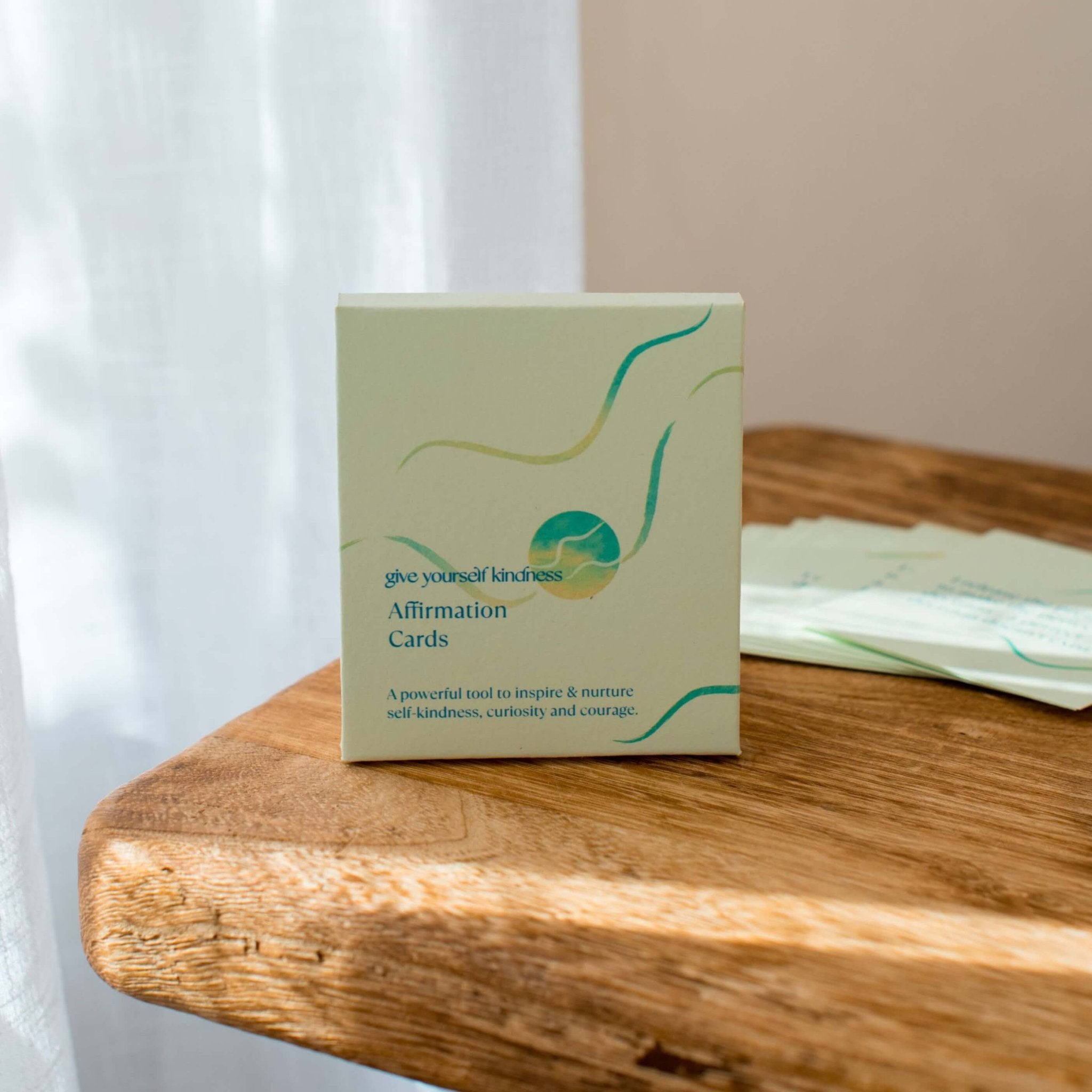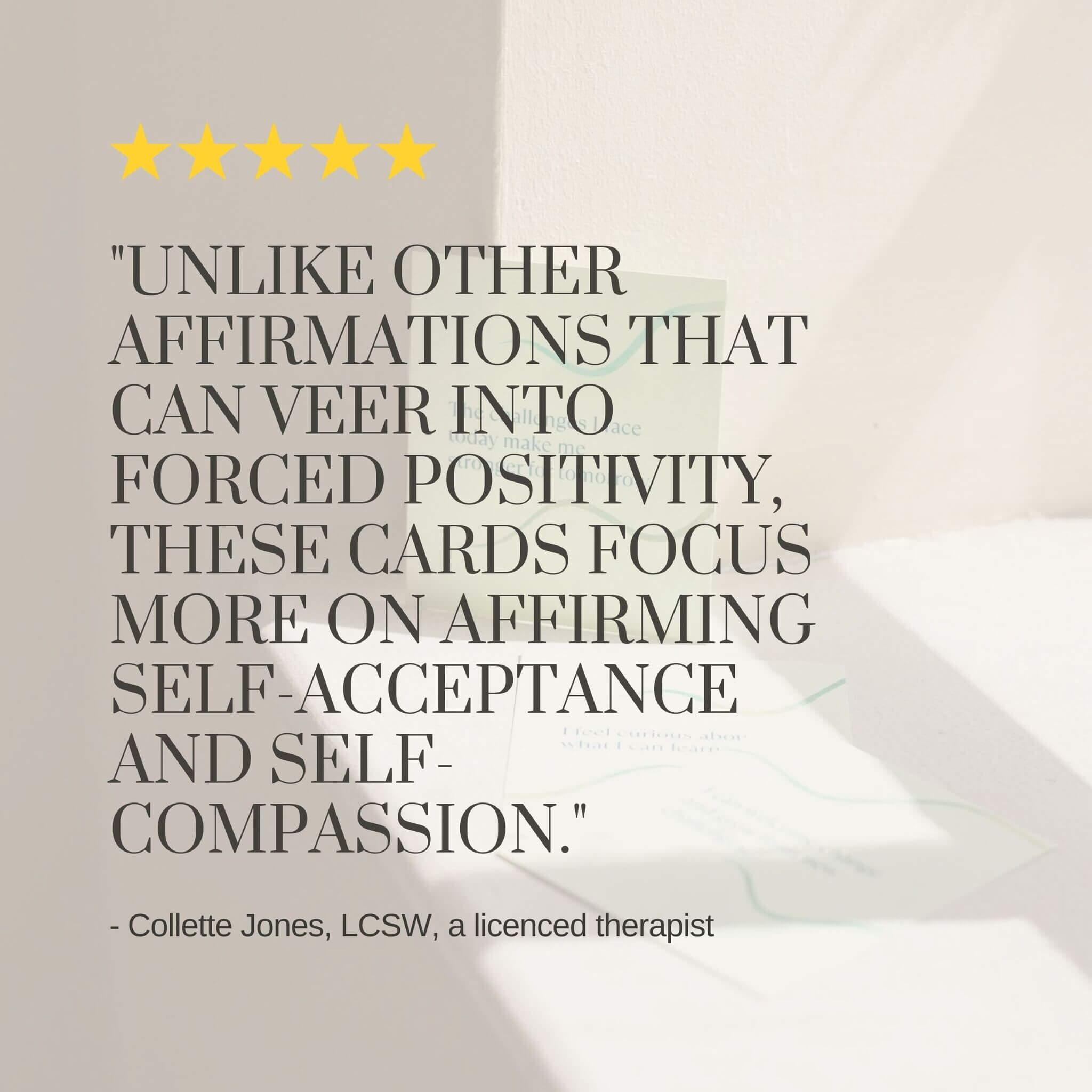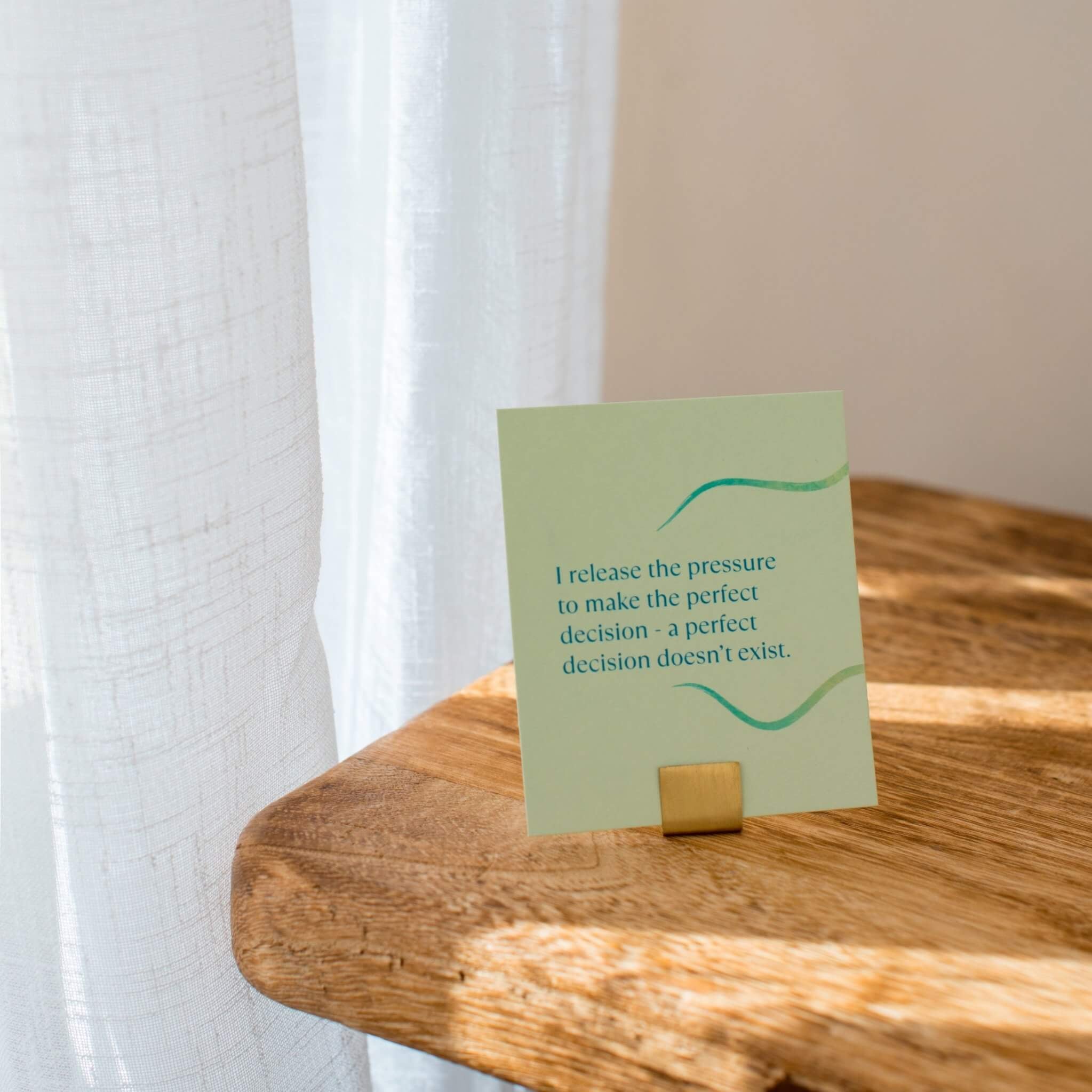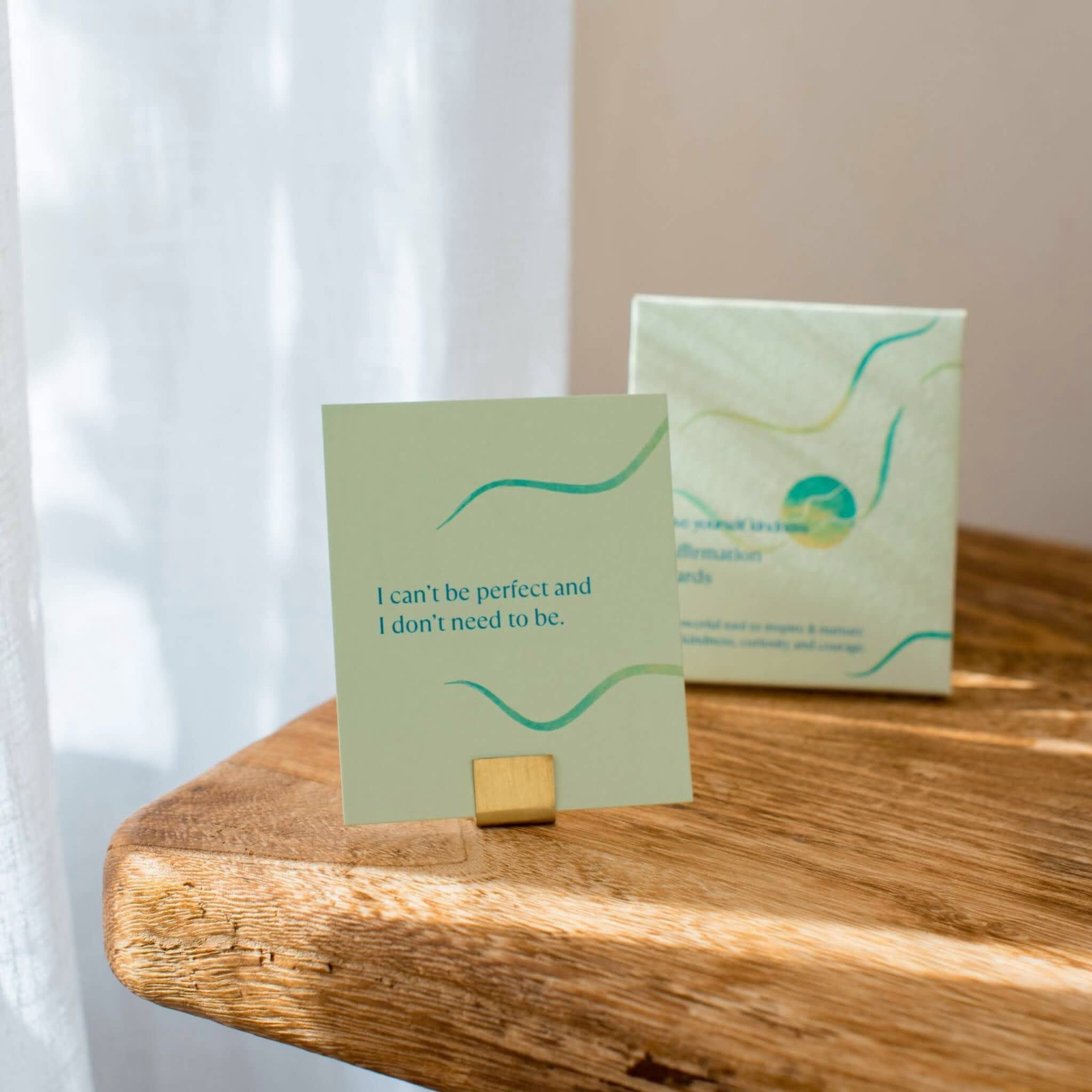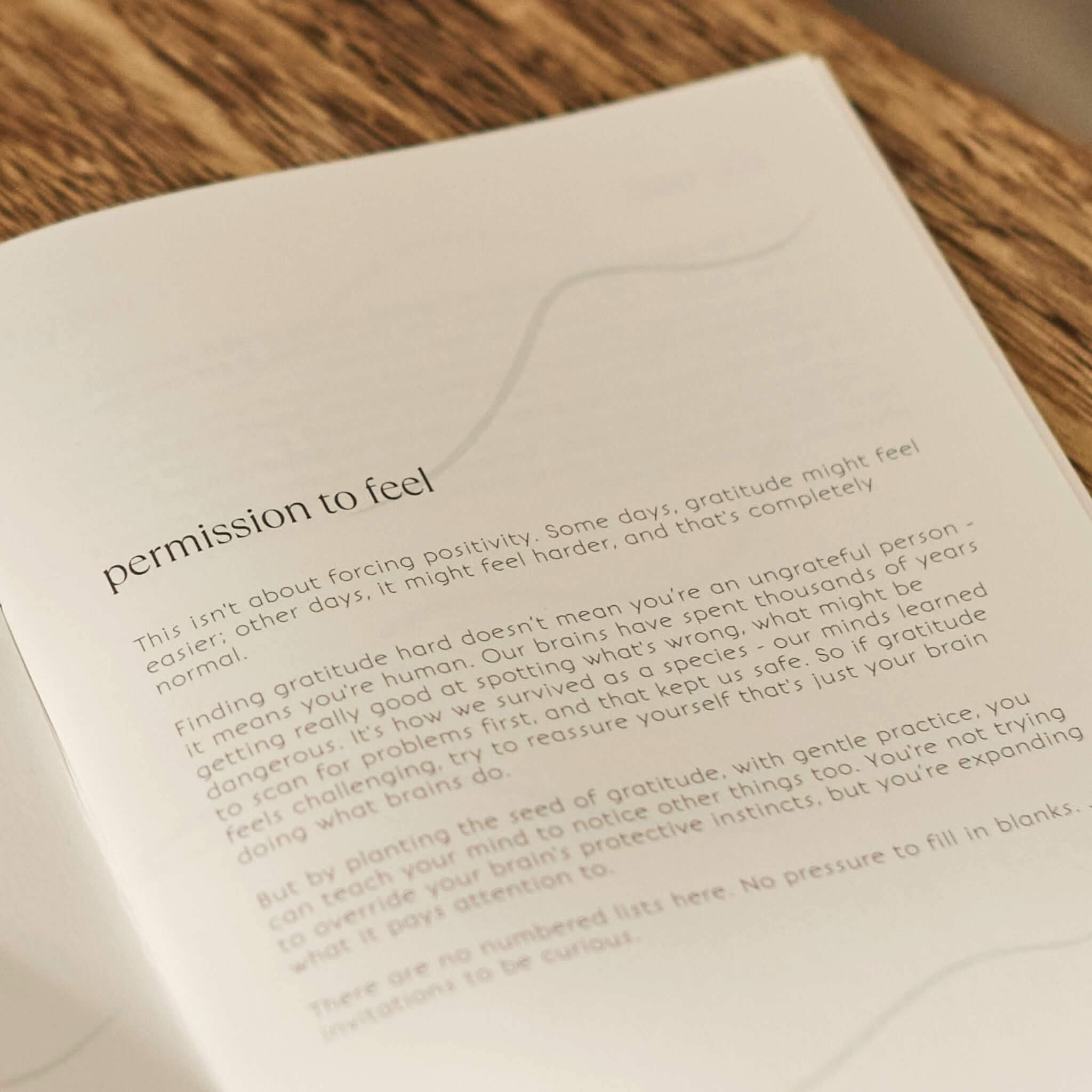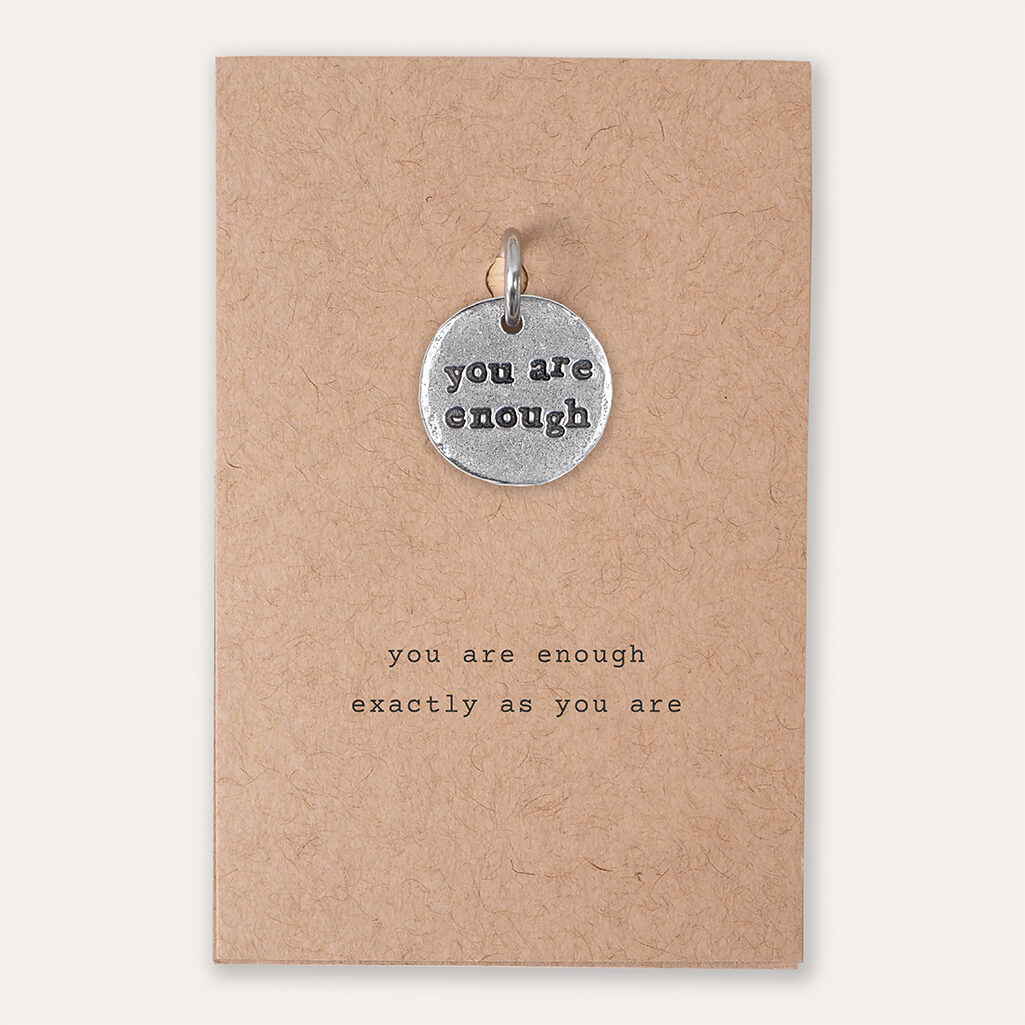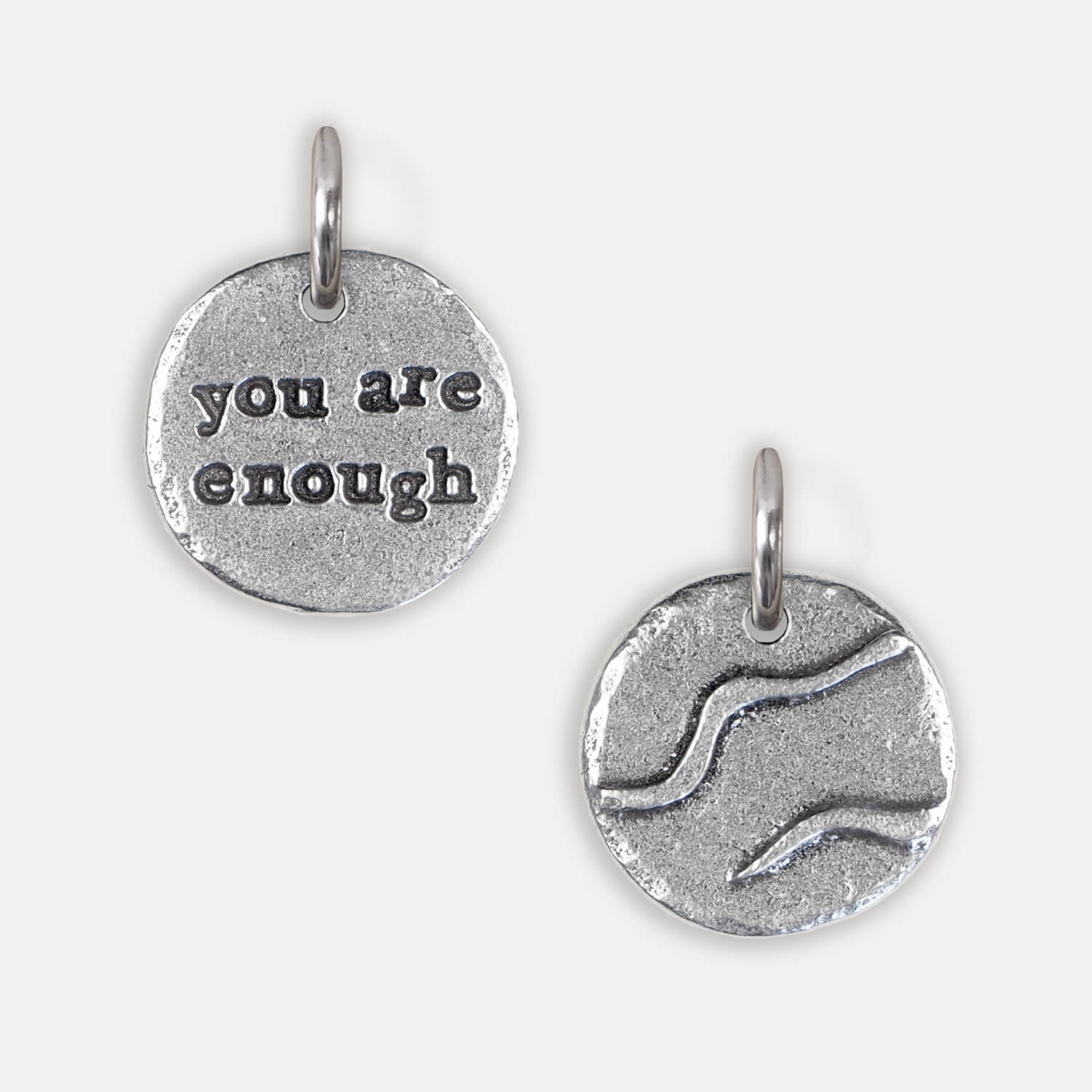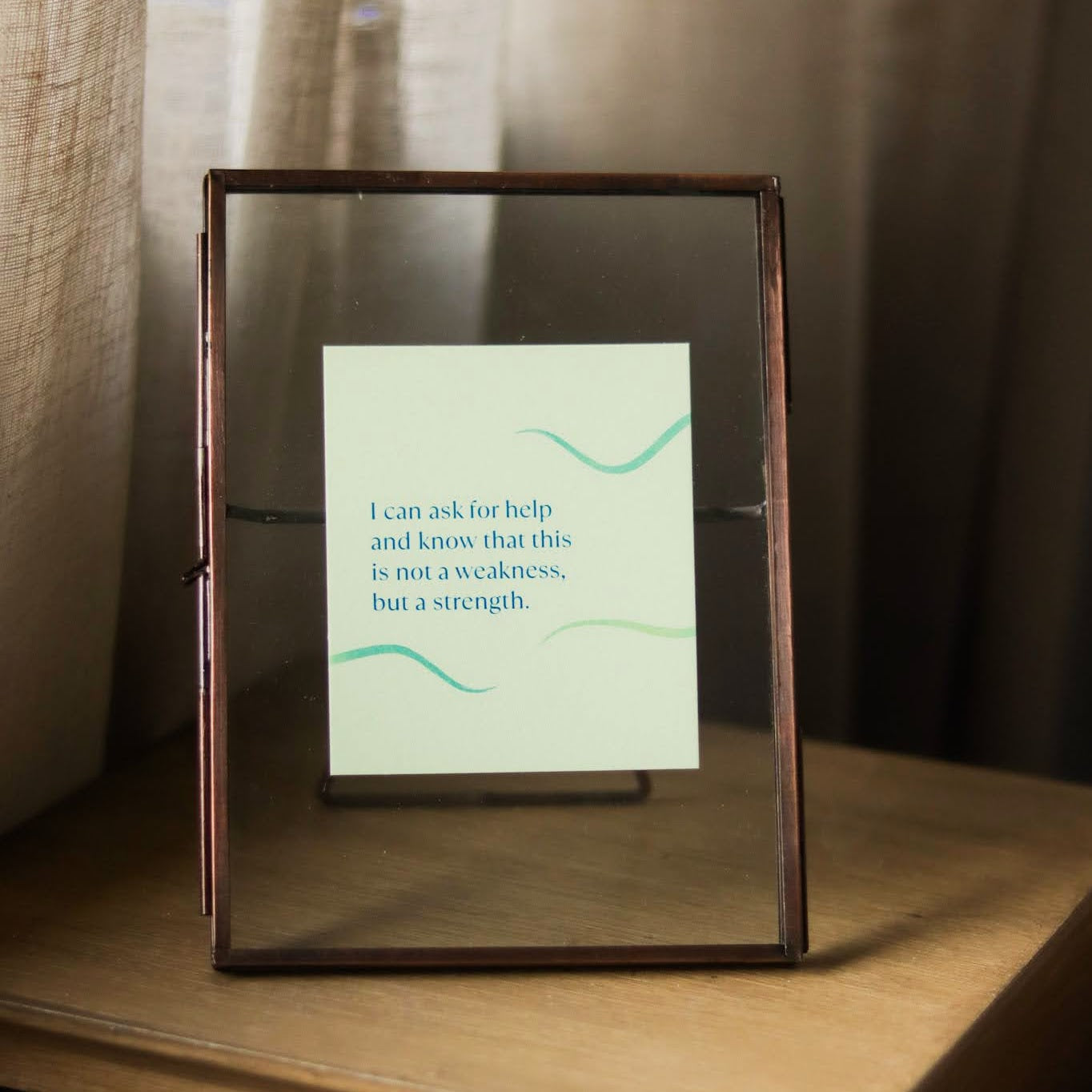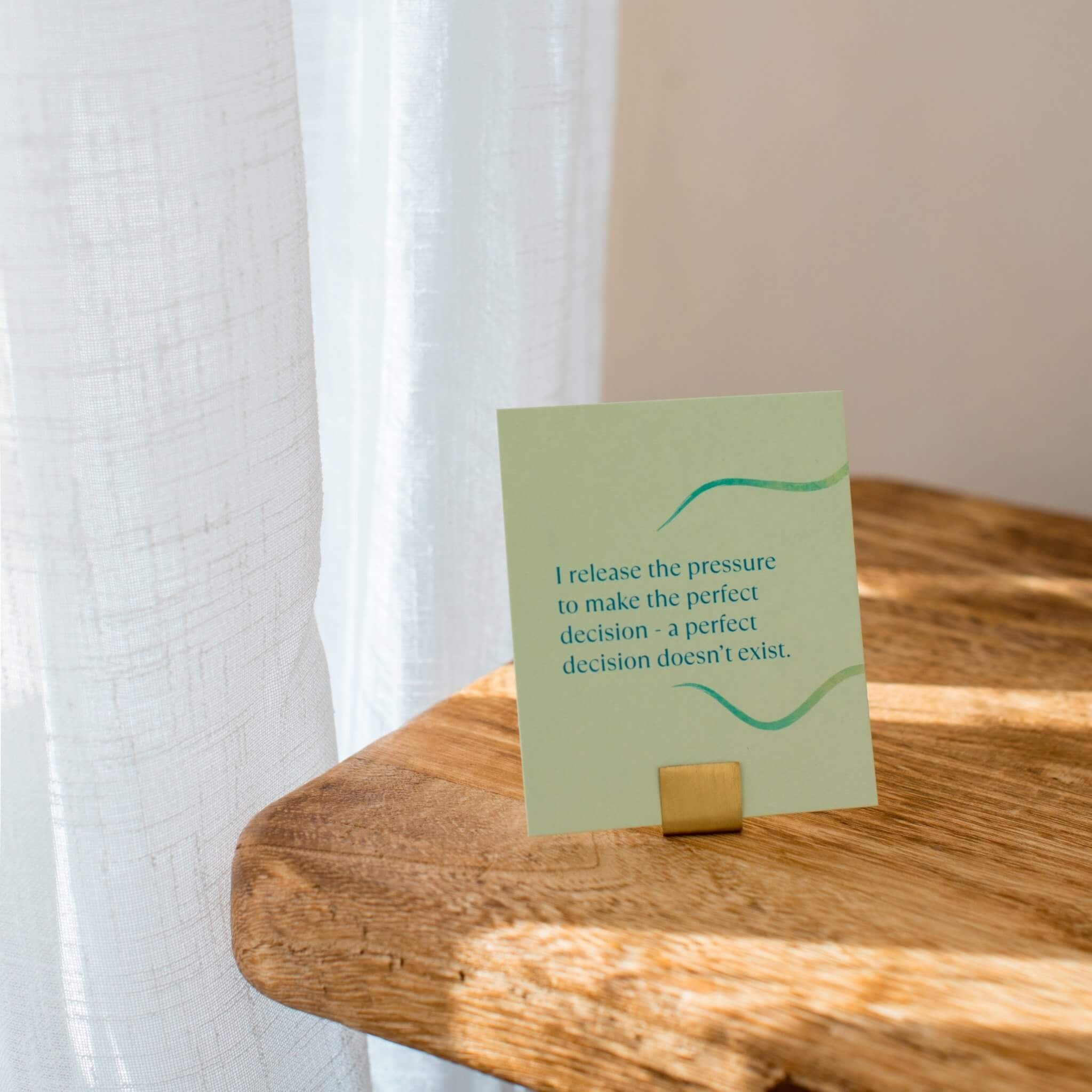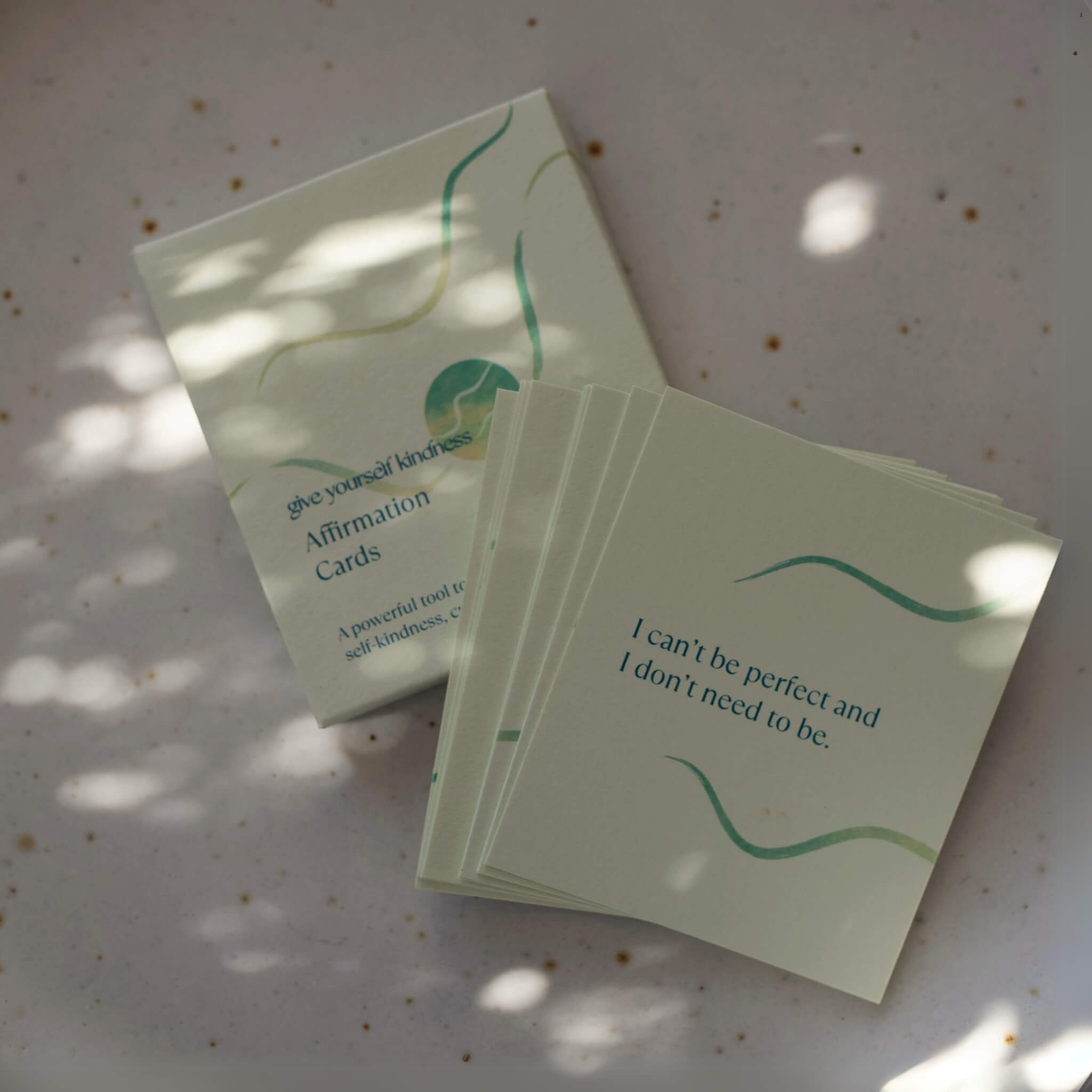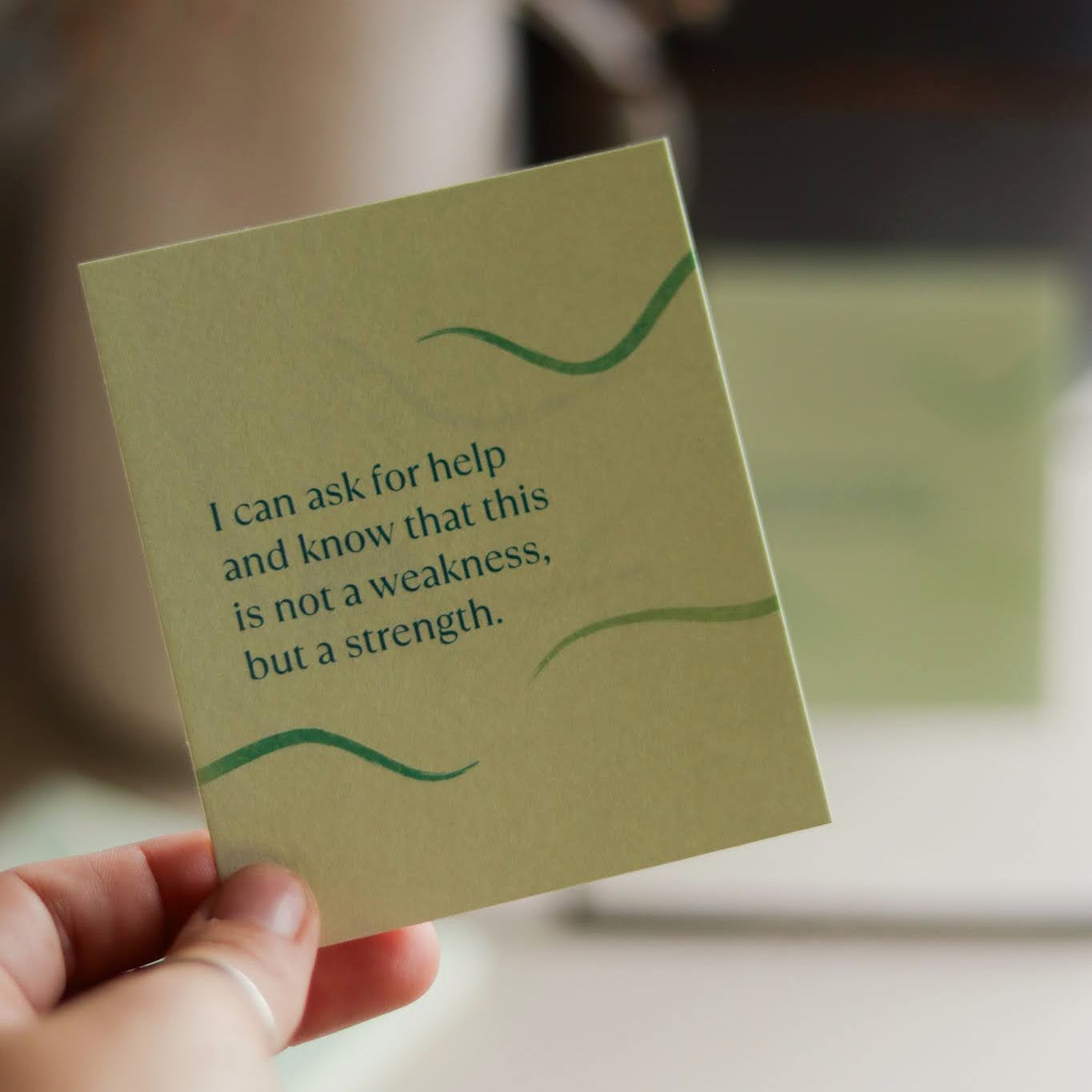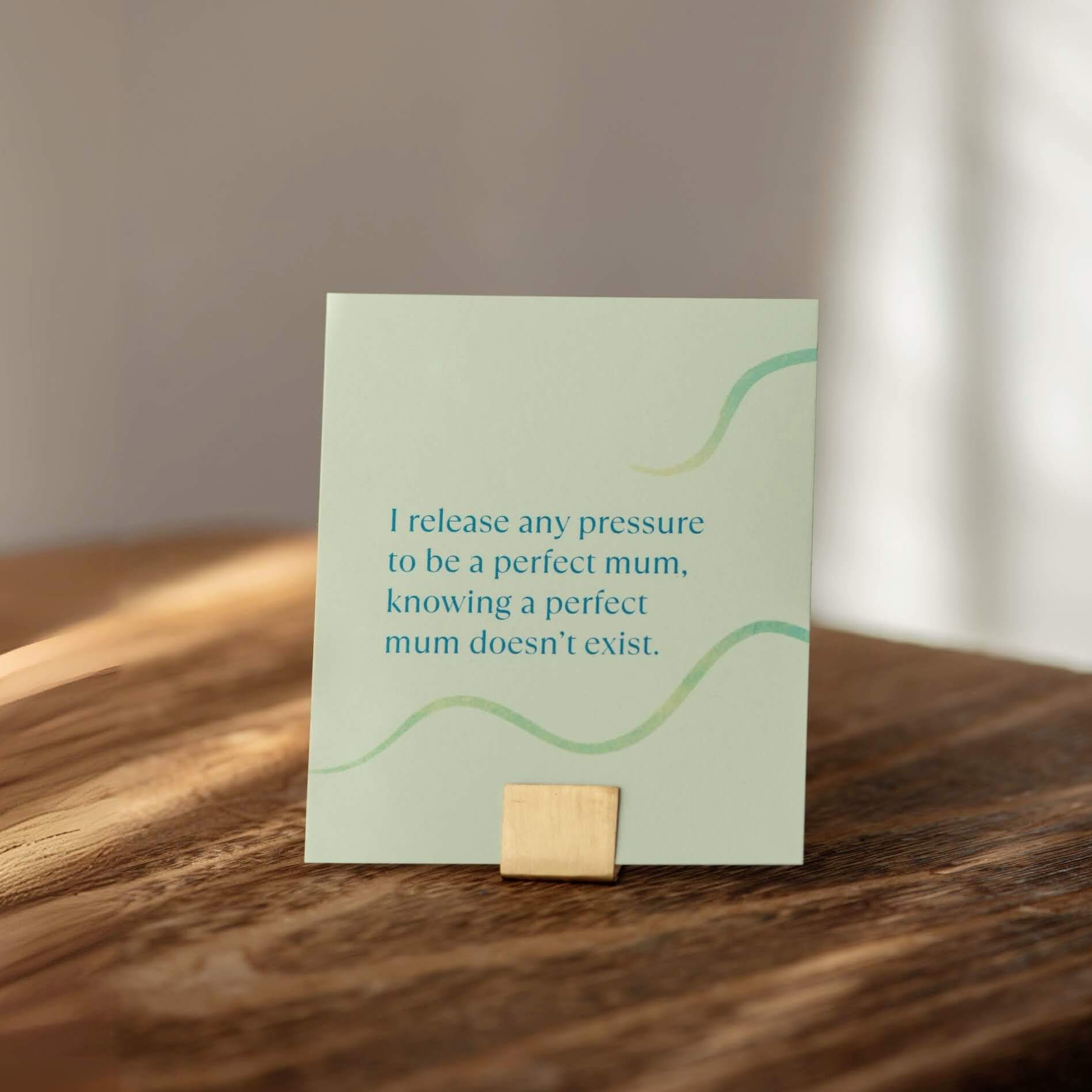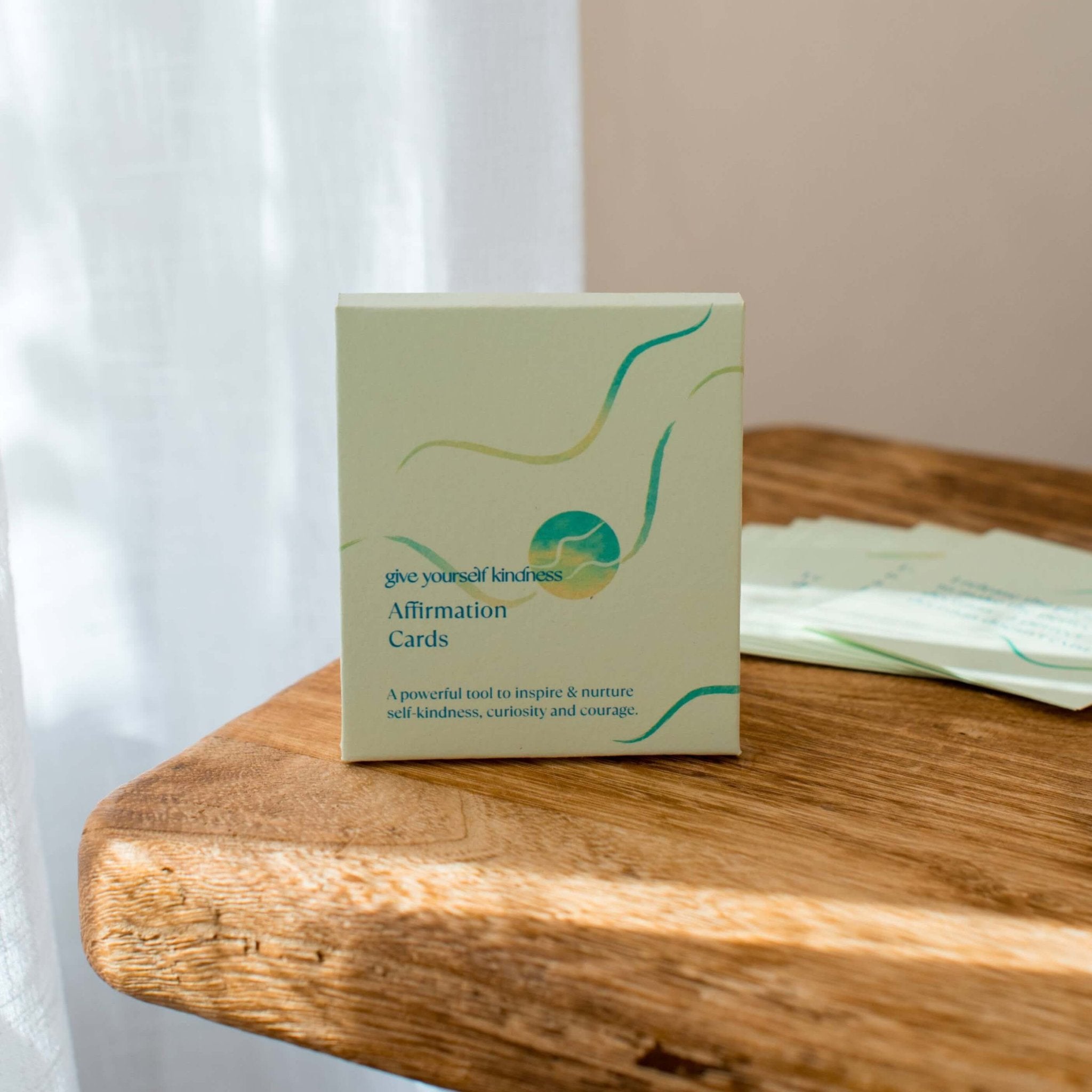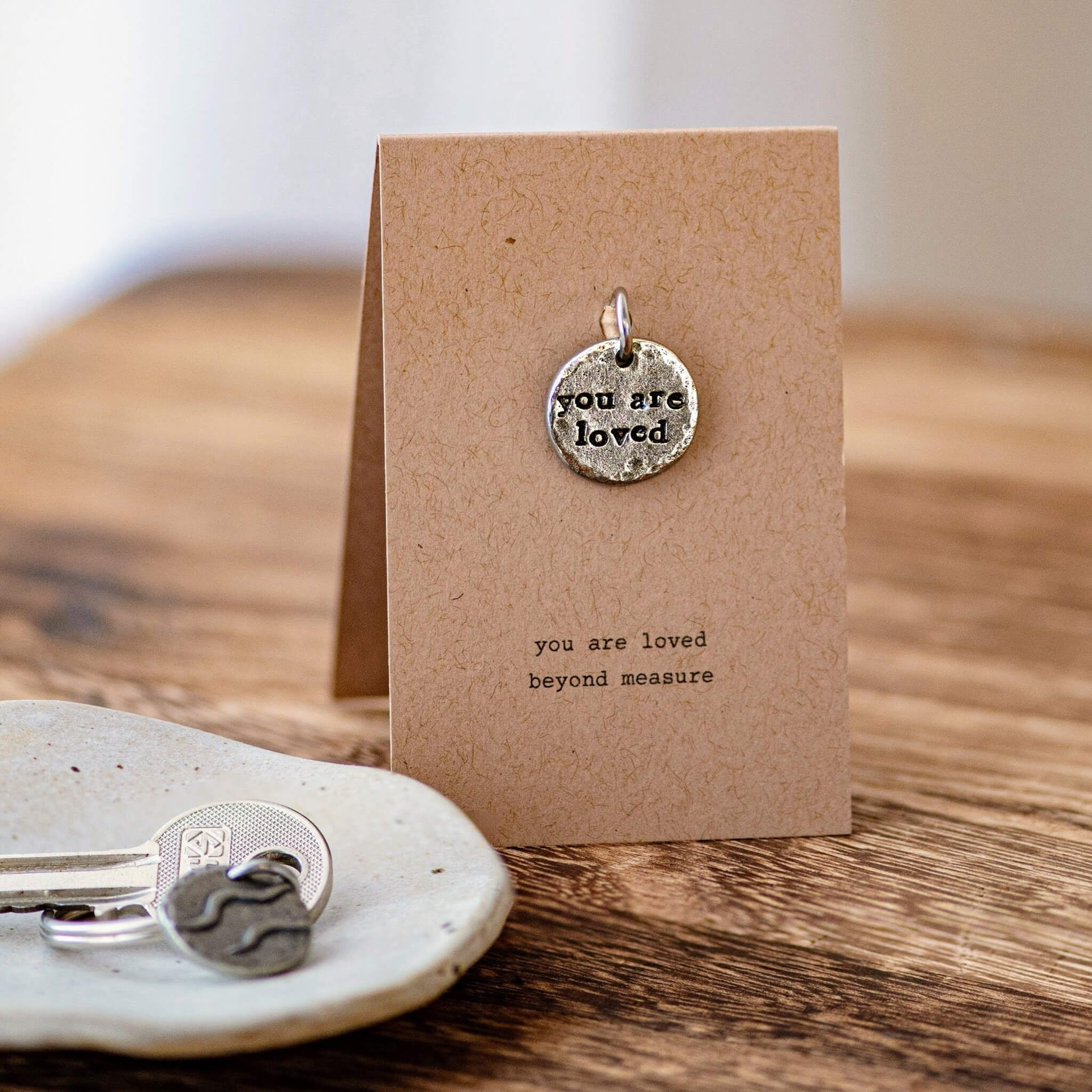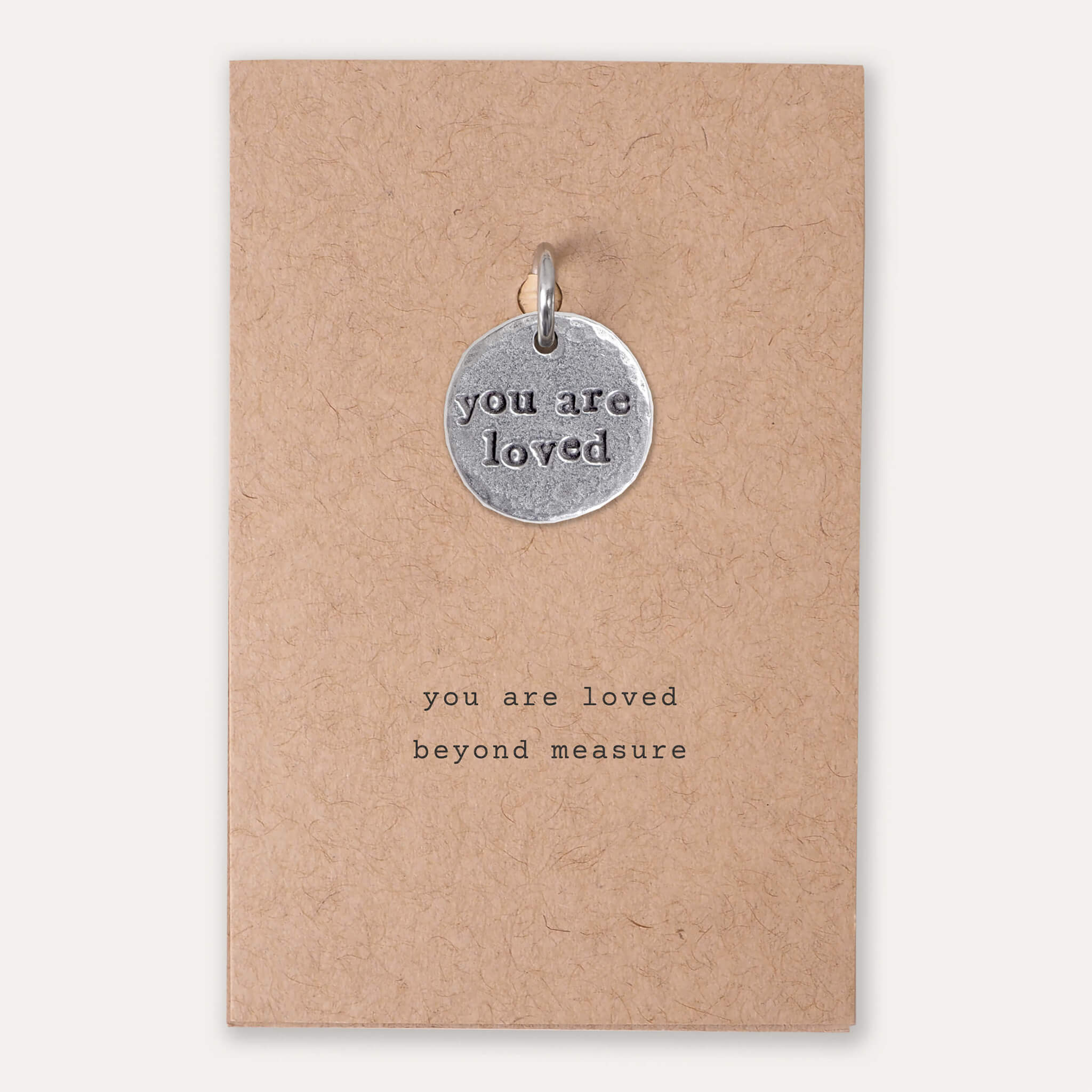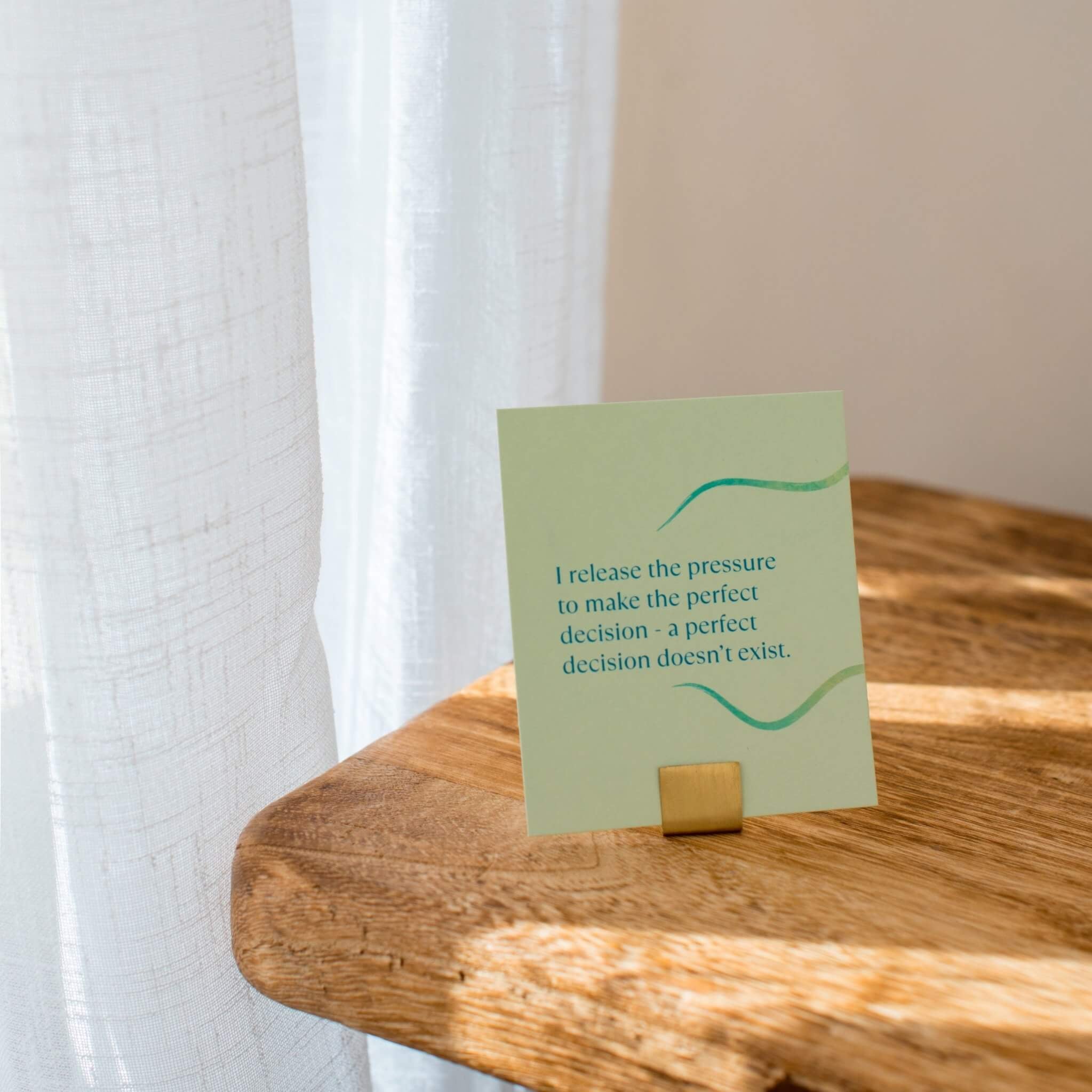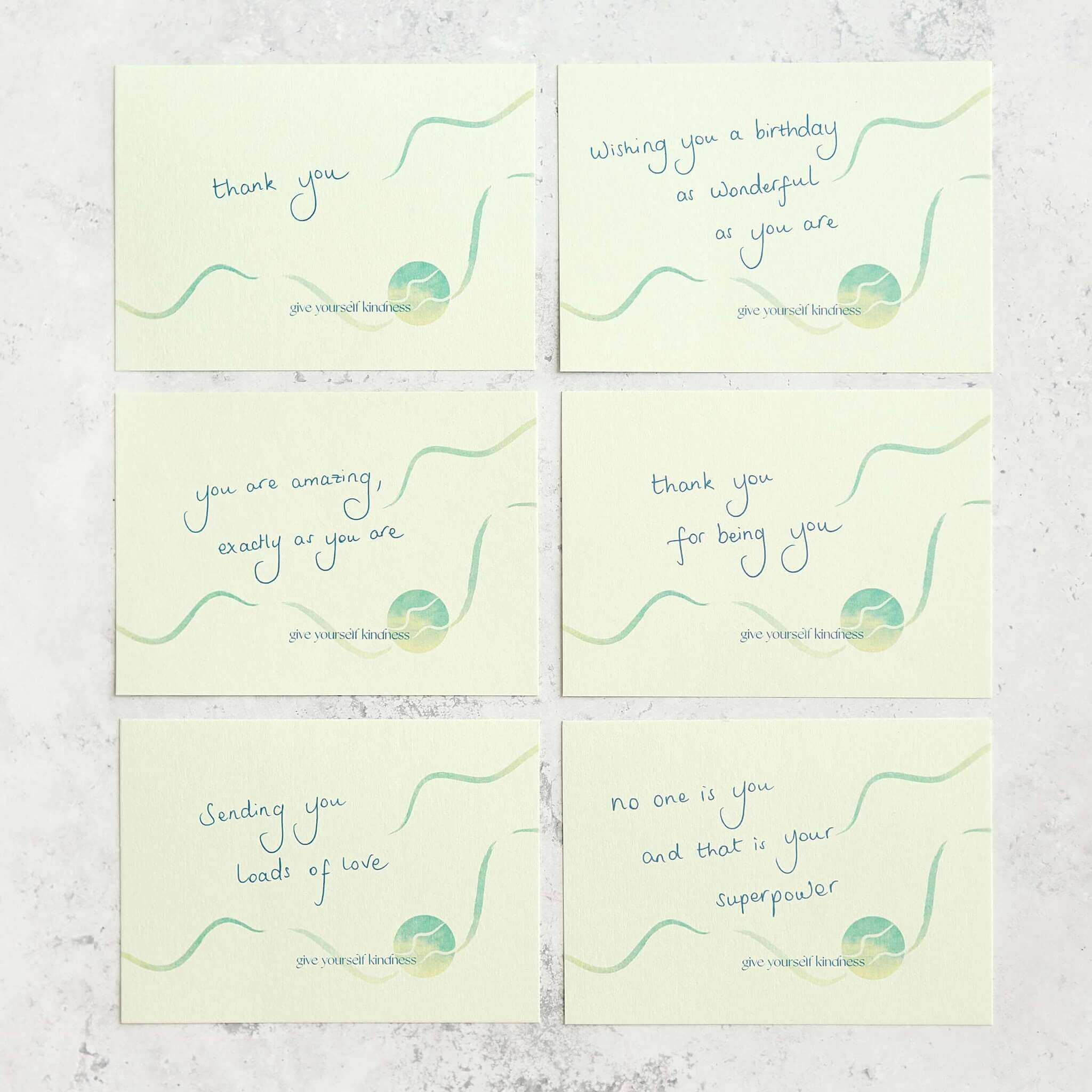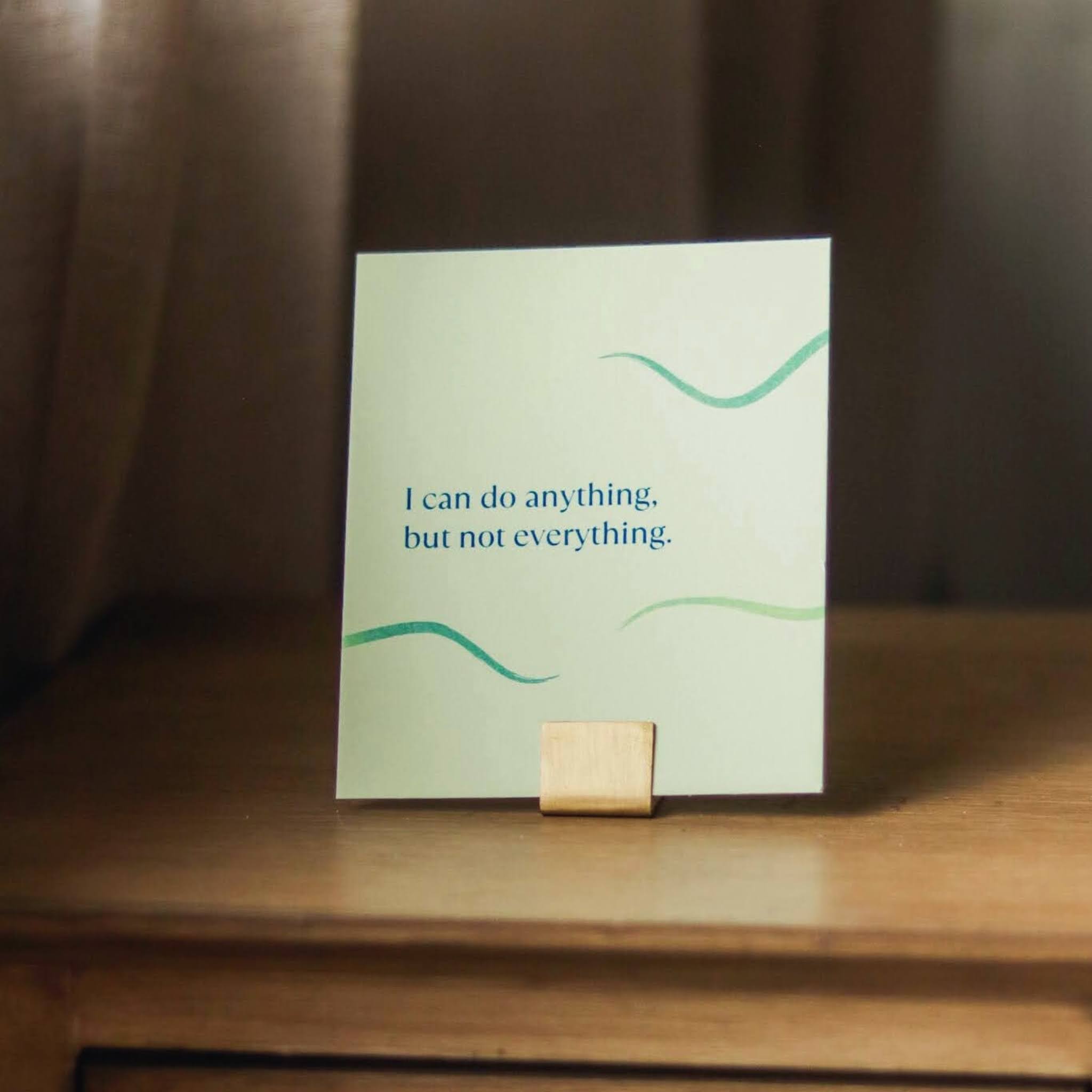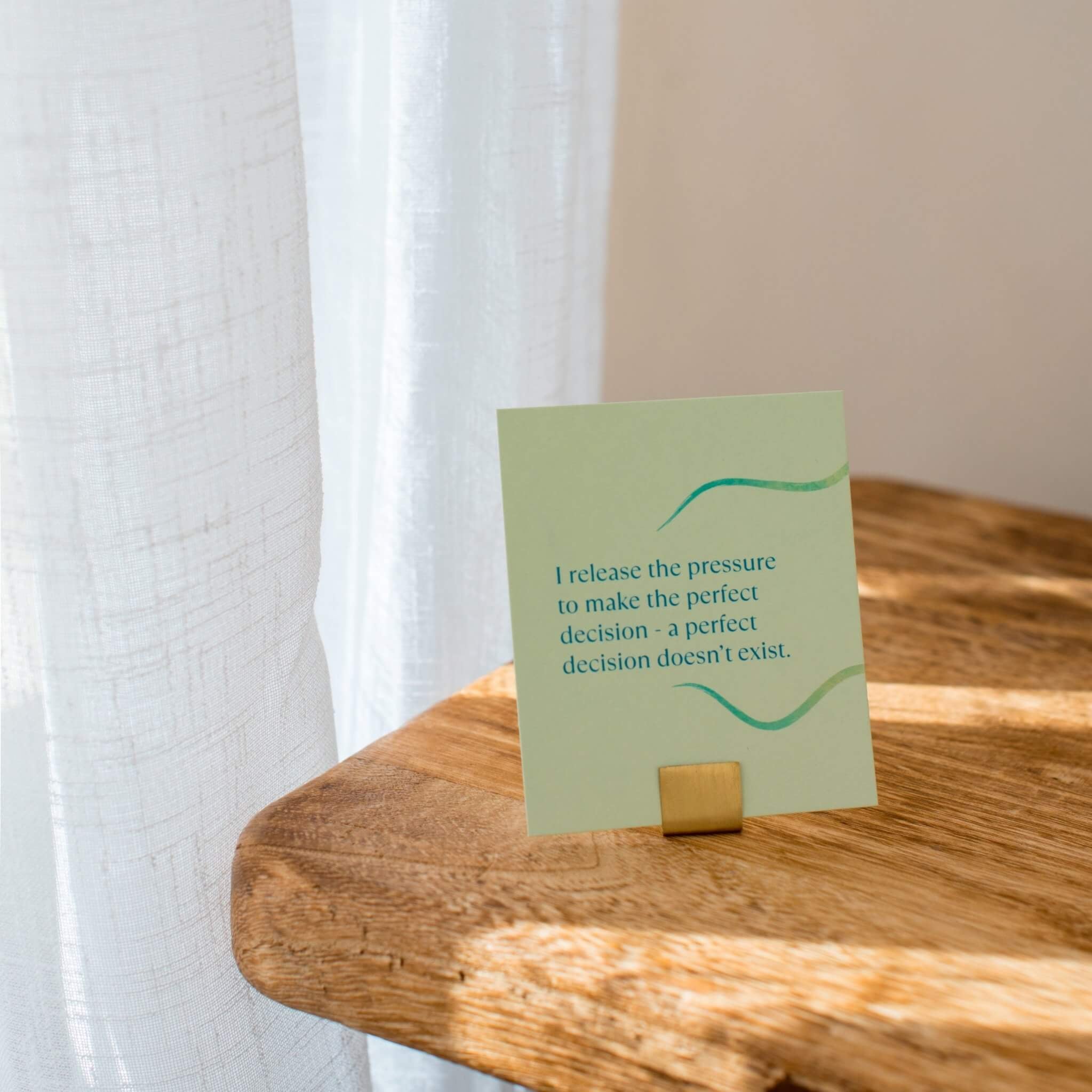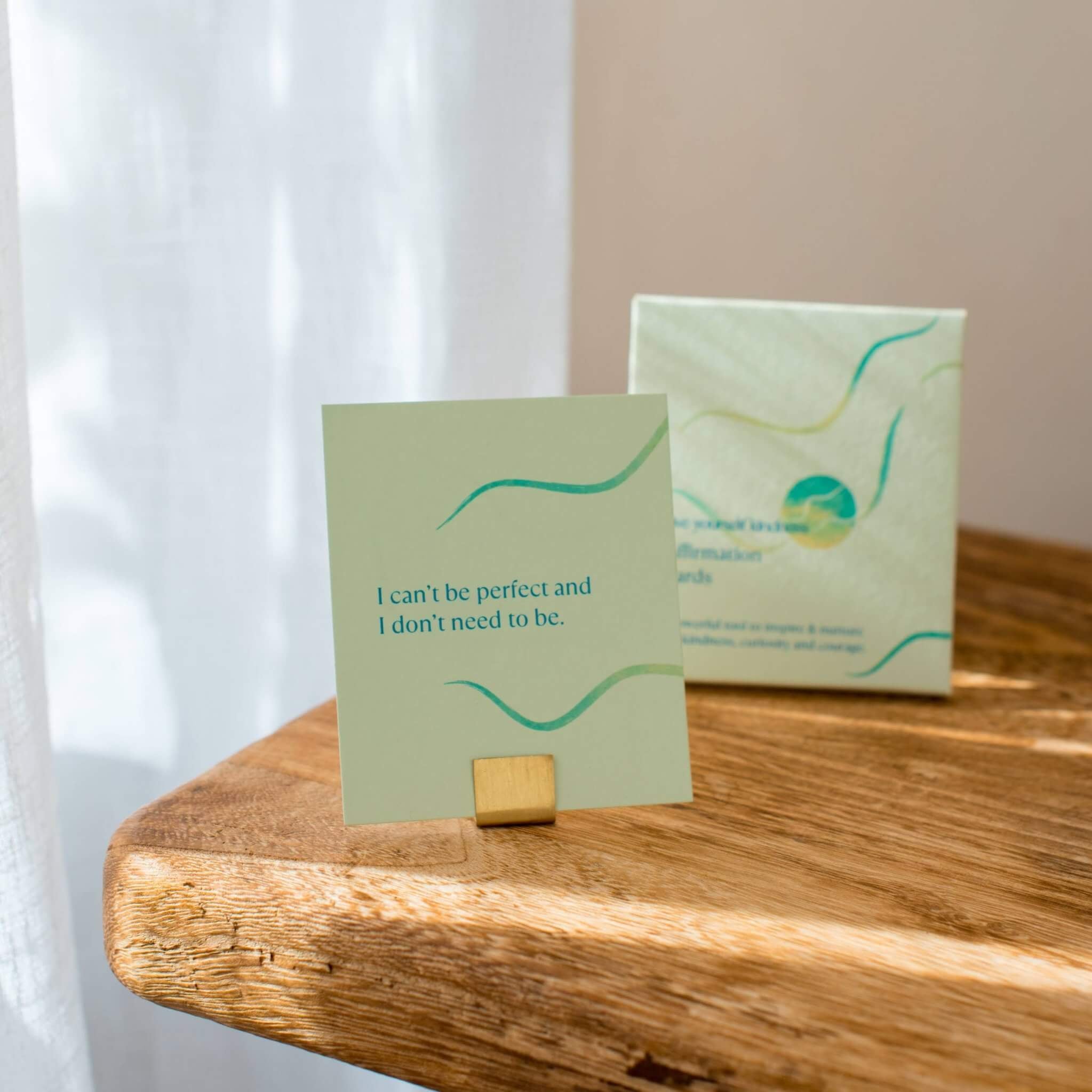How to Stop Negative Self-Talk
Quick Answer
Your inner critic uses negative self-talk as a protective mechanism—but it backfires, making it harder to grow. Clinical psychologists explain that responding with self-compassion (not just positive affirmations) is what actually helps.
7 Techniques to Stop Negative Self-Talk:
For years, I believed the harsh voice in my head. "You're not good enough." "Everyone else has it together." "You always mess things up." I thought this voice was protecting me from failure by keeping me in check.
I was wrong.
I'm Rachel, founder of Give Yourself Kindness and a qualified meditation teacher. I'm not a psychologist, but my own experience with Compassion-Focused Therapy taught me something crucial: negative self-talk doesn't protect you. It keeps you stuck.
Since then, I've worked with leading clinical psychologists and self-compassion researchers to understand why we talk to ourselves this way—and what actually helps. Here's what they've taught me.
What Is Negative Self-Talk?
Negative self-talk is the harsh, critical internal dialogue that runs through your mind—often automatically, without you even realizing it's happening.
It sounds like:
- "I'm such an idiot"
- "I can't do anything right"
- "Everyone thinks I'm a failure"
- "I'll never be good enough"
- "Why did I say that? They must think I'm so stupid"
- "Other people can do this easily. What's wrong with me?"
If these sound familiar, you're not broken. As I explained in "Why Am I So Hard on Myself?", this harsh inner voice is part of your brain's ancient threat detection system.

"Each day, our minds generate tens of thousands of thoughts, and due to our brain's natural negativity bias, we often affirm negative beliefs about ourselves without realizing it."
— Dr. Caroline C. Lee, PhD, Clinical Psychologist specializing in anxiety disordersThe problem? When this inner voice goes unchallenged, it shapes how you see yourself, how you feel, and what you believe you're capable of.
Why Positive Affirmations Often Don't Work
When I first tried to combat my negative self-talk, I did what others suggested: I used positive affirmations. I stood in front of the mirror saying "I am confident" and "I am enough."
It made me feel worse.
I asked five psychologists "Do affirmations really work?" and here's what I learned:

"Research suggests that for some people, positive self-affirmations can be helpful but for others, they may be ineffective or even harmful (particularly for those who may already struggle with low self-esteem)."
— Dr. Jeffrey McDonnell, Clinical Psychologist specializing in complex trauma and self-criticismWhy? Because when you don't believe what you're saying, it creates cognitive dissonance—your brain knows it's not true, which can actually reinforce the negative belief.

"If you don't believe what you're saying, it can actually make you feel worse—like telling yourself 'I'm confident' when deep down you don't feel that way at all."
— Dr. Michelle Chung, Clinical PsychologistSo what does work? Self-compassion. Not forced positivity, but genuine kindness toward yourself—especially when things are hard.
What Actually Works: Self-Compassion
Research by Dr. Kristin Neff shows that self-compassion is more effective than positive self-statements for improving self-worth and reducing negative self-talk.
Why? Because self-compassion doesn't ask you to pretend everything is fine. It acknowledges that you're struggling—and responds with kindness anyway.

"To create powerful, positive affirmations, we need to be aware of these unconscious negative affirmations and consciously counter them with statements that resonate deeply... For example, rather than simply saying, 'I am enough' (which may feel empty or cliché to some), try something like, 'Each day, I am progressing toward more grace and self-compassion.'"
— Dr. Caroline C. Lee, PhDThe difference: Positive affirmations say "I am confident." Self-compassion says "I'm struggling right now, and that's okay. What do I need?"
Why Stopping Negative Self-Talk Feels Scary
When I started trying to be kinder to myself, it felt wrong. Even frightening.
I worried that without my harsh inner critic, I'd become lazy or complacent. I genuinely believed that self-criticism was keeping me motivated.
Turns out, this is incredibly common. Clinical psychologist Dr. Chris Irons has identified 10 common fears of self-compassion, including:
- Fear of laziness: "If I'm kind to myself, I won't be motivated"
- Fear of weakness: "Self-compassion is soft and weak"
- Fear of losing self-criticism: "My inner critic has helped me—without it, I'll fail"

"Many people worry that being kind to themselves will lead to complacency. They believe that self-compassion will diminish their motivation... But whilst self-compassion is a powerful tool for healing and personal growth, it can often evoke a significant amount of fear and resistance."
— Dr. Chris Irons, Clinical Psychologist, leading CFT researcher and trainerUnderstanding that these fears are normal—and that they're not true—was transformative for me. Self-compassion doesn't make you weak. It takes courage.

"If you think about a firefighter, they embody much of what we in CFT would hold as compassion... would you say that they are typically weak, lazy or selfish? Well, no, not at all. In fact, what you're far more likely to do is describe them as brave, courageous and strong."
— Dr. Chris Irons7 Techniques to Stop Negative Self-Talk
Here are the techniques that actually helped me—and that clinical psychologists recommend:
1. Notice and Name Your Negative Self-Talk
You can't change what you're not aware of. Start paying attention to your inner voice.
When you notice harsh self-talk, pause. What exact words are you using? What's the tone? Often it's automatic—bringing awareness to it is the first step toward changing it.
Sometimes it helps to write it down. Seeing the words on paper can help you recognize just how harsh you're being with yourself.
2. Question If It's Actually True
Negative self-talk presents itself as fact. But just because you think something doesn't make it true.
When you notice negative self-talk, ask yourself:
• Is this thought actually true, or does it just feel true?
• What evidence do I have for and against this thought?
• Am I making assumptions about what others think?
• Would I say this to a friend?
This isn't about forcing positive thinking—it's about reality-checking the catastrophic thoughts your brain generates.
3. Ask: "What Would I Say to a Friend?"
This is the technique that changed everything for me. When your inner critic is loud, imagine a close friend came to you with the same problem.
What would you say to them? How would you respond with kindness?
Now say those exact words to yourself. Out loud if you can.
This helps you access your natural compassion—which you already have for others—and direct it inward.
This is what self-compassion journaling does: it gives you prompts that help you practice this shift consistently.
4. Replace Harsh Self-Talk with Compassionate Self-Talk
Instead of fighting negative thoughts or forcing yourself to "think positive," practice responding to yourself with genuine compassion.
Instead of: "I'm such an idiot"
Try: "I made a mistake, and that's human. What can I learn from this?"
Instead of: "I'll never be good enough"
Try: "I'm doing my best, and that's enough right now"
Instead of: "Everyone else can do this easily"
Try: "Everyone struggles with different things. I'm not uniquely flawed"
Instead of: "I should have done better"
Try: "I'm learning. Each time I try, I'm practicing"
Dr. Caroline Lee recommends making affirmations personally meaningful: "Rather than simply saying, 'I am perfect as I am' perhaps a more specific affirmation like, 'I am struggling AND healing' could be useful."
5. Use Soothing Rhythm Breathing
When negative self-talk triggers anxiety or stress, your body goes into threat mode. You can calm this response physiologically.
Take slow, deep breaths—not forcing or controlling your breath. As you breathe, say to yourself: "I'm here for you" or "It's okay to feel this way."
Do this for 2-5 minutes. It activates your parasympathetic nervous system, signaling safety to your brain and body.
I use this technique every time I notice my inner critic getting loud. It creates enough space to respond with compassion instead of spiraling.
6. Practice Self-Compassion Journaling
One of the most powerful tools for changing negative self-talk is consistent practice with prompts that guide you toward self-compassion.
After my experience with CFT, I searched for journaling tools to help me practice this daily. Everything I found was either too repetitive or pushed toxic positivity.
So I created prompts specifically designed to help you respond to negative self-talk with self-compassion. Prompts like:
- "What has challenged you today? Talk to yourself as you would talk to a friend—write down what you would say"
- "Notice how you are feeling right now. Think about what you would find it helpful to hear. Write down words to say to yourself"
- "Can you notice an emotion that you fear? Imagine a friend came to you explaining that they feel that emotion. Write down what you would want to say to them"
After checking these prompts with clinical psychologists and CFT experts - they began recommending them—including Dr. Chris Germer from Harvard Medical School.

"A warm invitation to make friends with your emotions and yourself!"
— Dr. Chris Germer, Clinical Psychologist, Harvard Medical School, Co-developer of Mindful Self-CompassionThe Give Yourself Kindness journal offers unique daily prompts (never repetitive), an emotional awareness tool on every page, and gentle reminders that validate all emotions.
It's undated, so you can return to it whenever you need without guilt. Many therapists use it with their clients specifically to work on negative self-talk and self-criticism.
Learn More About the Journal →
7. Combine Kind Words with Kind Actions
Self-compassion isn't just about what you say to yourself—it's also about how you treat yourself.

"When affirmations are combined with small, real actions—like reminding yourself 'I'm learning to be more confident' while taking steps outside your comfort zone—they can help shift your mindset over time. It's less about just saying the words and more about making choices that bring them to life."
— Dr. Michelle Chung, Clinical PsychologistIf you tell yourself "My body deserves respect," follow it with action: buy clothes that fit comfortably, rest when you're tired, nourish yourself well.
If you say "I'm doing my best," take a break instead of pushing through exhaustion.
Self-compassion becomes real when your behavior matches your words.
Why This Takes Time (And That's Okay)
I wish I could tell you that negative self-talk disappears overnight. It doesn't.
You've likely been talking to yourself harshly for years—maybe decades. That pattern won't reverse immediately. And that's completely normal.

"I use the word cultivation rather than affirmation... Cultivation needs the natural conditions of climate, soil, sunlight, temperature, and so on... it takes time, like planting seeds and then taking care of them until they grow and mature in their own way and time."
— Professor Willem Kuyken, PhD, DClinPsy, Ritblat Professor of Mindfulness and Psychological Science at University of Oxford, top 1% of most cited scientists worldwideSelf-compassion is a practice, not a destination. Some days will be easier than others. You'll still have moments when your inner critic is loud. But with consistent practice, you'll get better at responding with kindness instead of believing every harsh word.
And gradually, the negative self-talk loses its power.
When to Seek Professional Help
If negative self-talk is significantly impacting your daily life—please reach out to a qualified therapist or counselor.
Self-compassion practices and journaling are powerful tools, but they're supportive—not replacements for professional help when you need it.
Start Small: Try One Technique Today
You don't have to master all seven techniques at once. In fact, trying to do too much can become another source of self-criticism ("I should be doing this better!").
Pick one technique and try it today:
- Notice your negative self-talk—just pay attention to it
- When you notice harsh words, ask "Would I say this to a friend?"
- Take 2 minutes for soothing rhythm breathing when your critic gets loud
- Write down one harsh thought, then write what you'd say to a friend instead
That's it. Just one small practice.
And if you want daily guidance for responding to negative self-talk with self-compassion, the Give Yourself Kindness journal offers unique prompts—each one designed to help you be kinder to yourself.
You've spent years listening to that harsh inner voice. You deserve to hear kindness instead.


“By far my favourite guided journal that I’ve used!”
There's a lot of journals out there. Most of which include tools that can be repetitive, boring or unhelpful. Give Yourself Kindness is about creating something new.



















